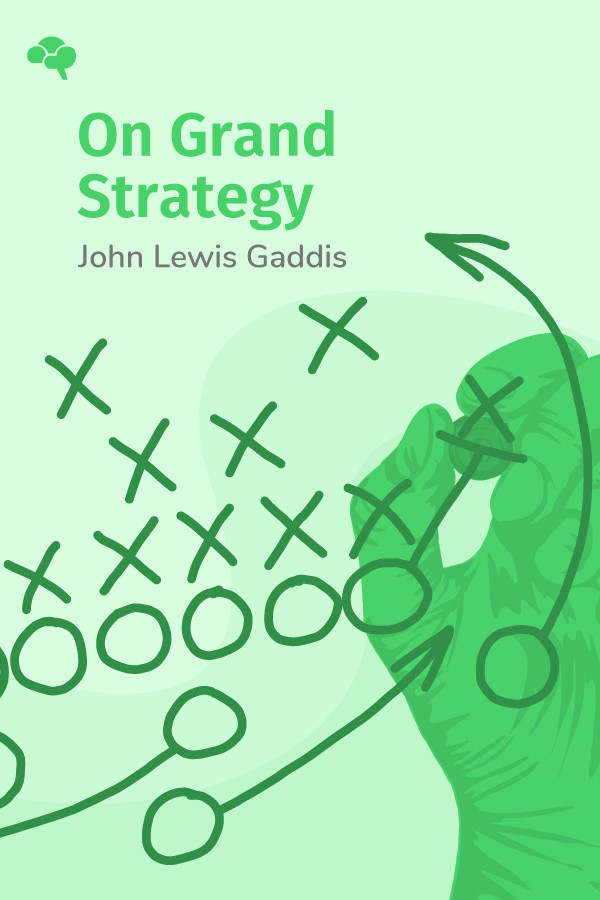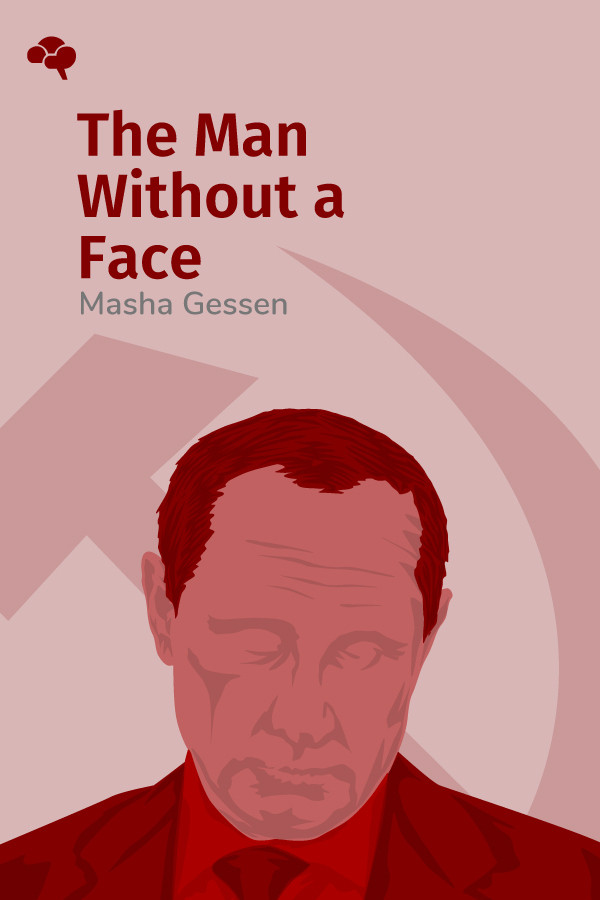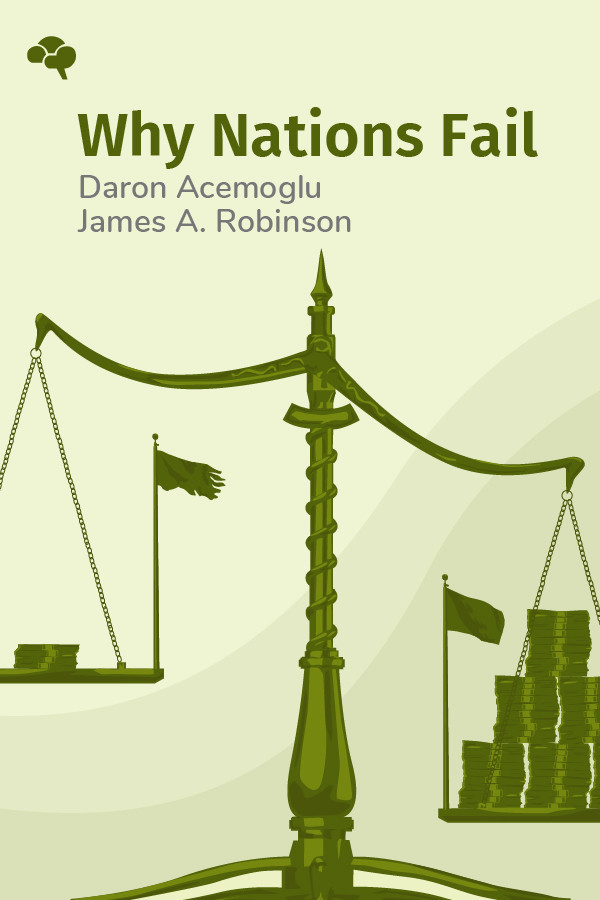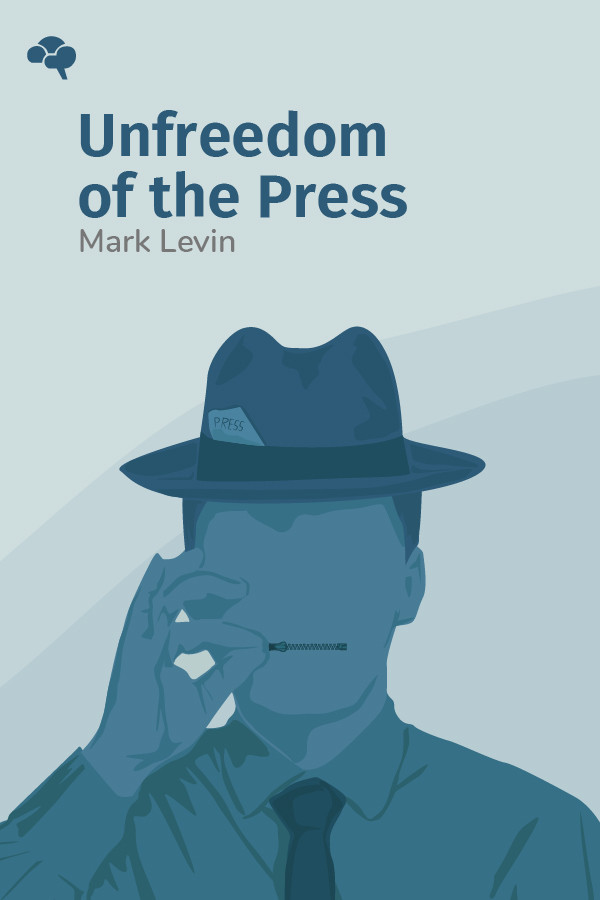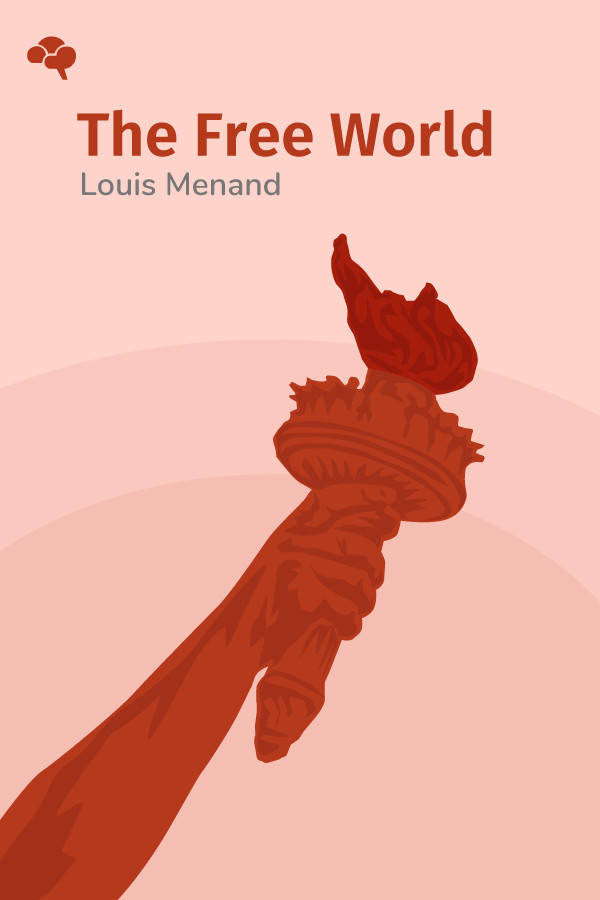
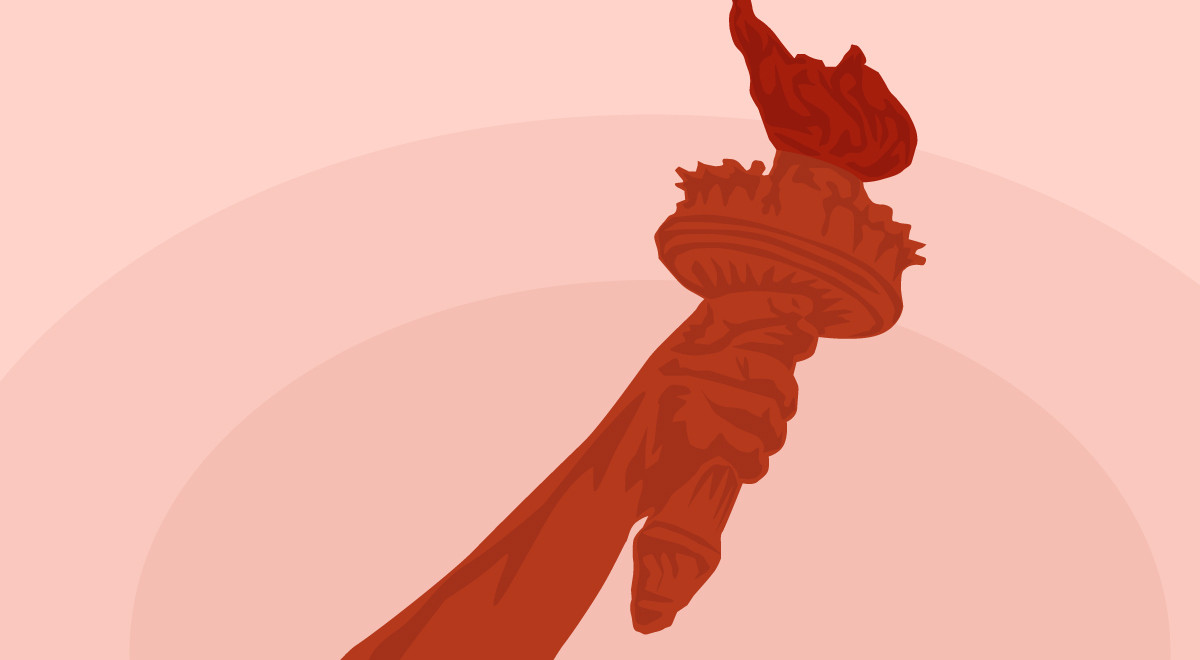
What You'll Learn:
Louis Menand, author of Pulitzer-Prize-winning The Metaphysical Club, is also a professor of English at Harvard and an esteemed essayist and critic. President Barack Obama awarded him the National Humanities Medal. In this book, he highlights how Cold War culture was shaped as he gives glimpses into the lives of cultural icons, bringing to light many of the ironies within the Cold War and dismantling the perceived identities of the artists and thinkers who became big names in the mid-to-late 20th century. Culture in the free world was formed through collaboration and resistance and by people with many different and opposing ideas, but with a shared cause: freedom of expression. Menand artfully portrays how thinkers and artists became the most effective advocates and voices for freedom, despite creating during a time of creative and intellectual repression.
Key Insights:
- There was a Cold War within the free world, too.
- The concept of freedom became a global fascination after World War II.
- American art finally earned international acclaim.
- In seeking to obliterate Communist threats, the American government embraced and utilized the restriction of freedom.
- People in free countries felt a deep sense of responsibility to liberate those under Communism.
- The 20th century fostered cultural transformation.
